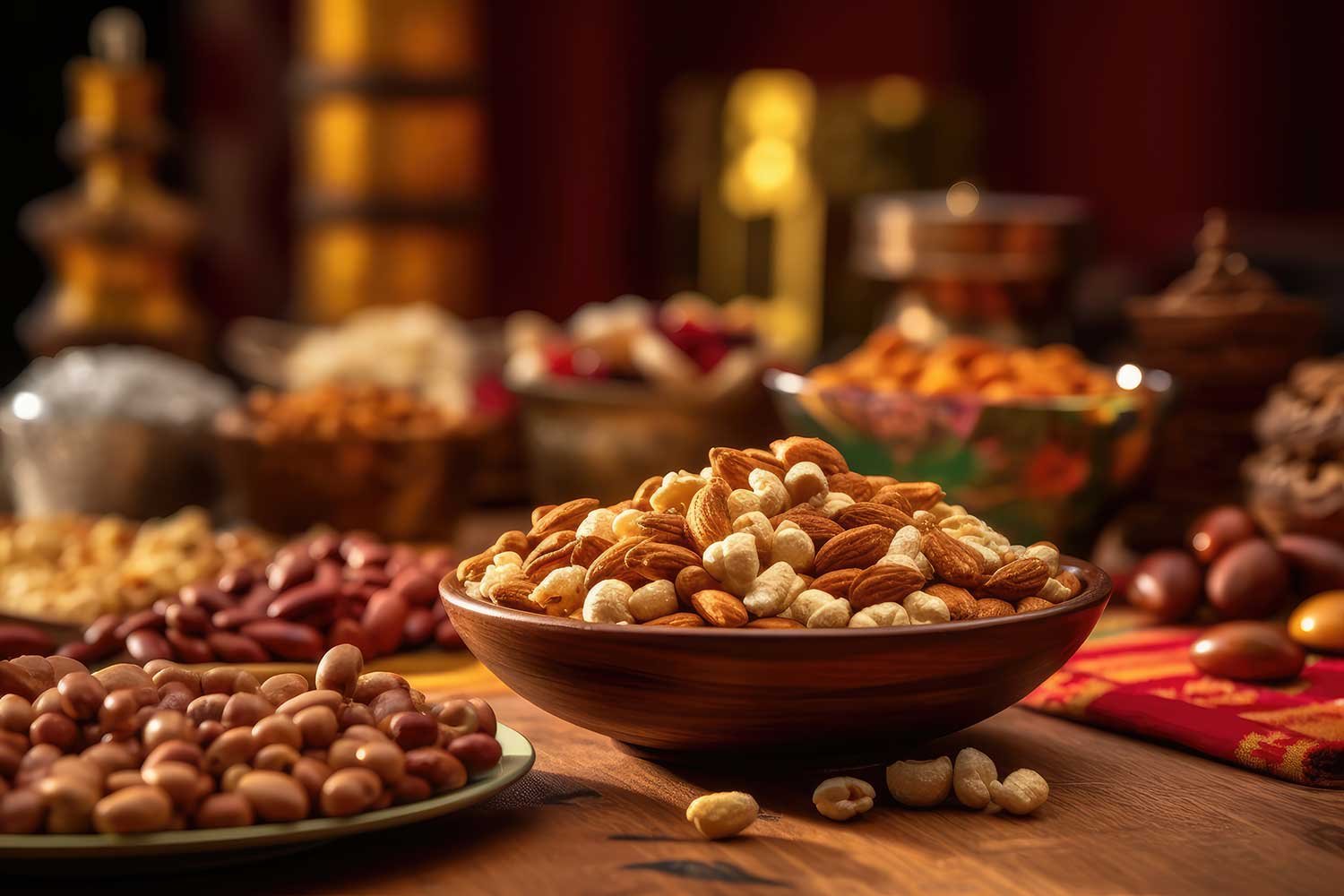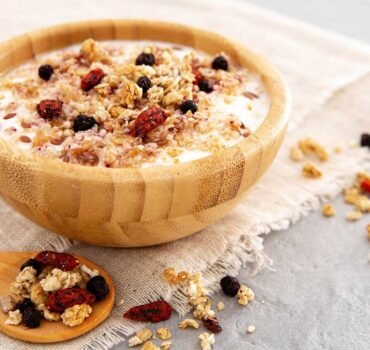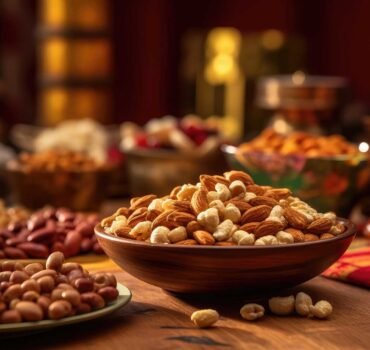Nurturing Heritage and Health Through Generations: The Timeless Appeal of Dry Fruits and Nuts in Indian Homes
Tradition and well health are harmoniously woven into the rich fabric of Indian culture. The usage of dried fruits and nuts, which have been valued for centuries for their huge health benefits as well as their great flavour, is one of the the foundations of this ancient heritage.
Generations have passed down these priceless relics, and traditional teachings have played a significant role in understanding their worth. In Indian families, dried fruits and nuts retain a particular position, acting as an avenue of sustenance, joy, and a connection to the past, as well as being consumed on a daily basis and during festivities and festivals.
A Blend of Tradition and Health
Since ancient times, Indians have loved dry fruits and nuts for their delicious flavor as well as their numerous health advantages. The importance of such foods as naturally occurring sources of energy, minerals, vitamins, and important fatty acids has long been emphasized in traditional teachings. According to Ayurveda, the conventional Indian school of medicine, consuming them is said to help one maintain harmony between one’s body, mind, and soul.
Festive Treats: A Diwali Tradition
Diwali, the festival of lights, is a time for pleasure, celebration, and family connection in Indian households.
Along with the dazzling diyas and vibrant rangolis, dry fruits and nuts are necessary at this event. Giving these nutritious gems to loved ones as part of the Diwali ceremony represents sharing blessings, wellness, and wealth. The center of the Diwali feast is dry fruits, which are used to make delicious sweets like dry fruit barfi and laddoos, as well as gift boxes of various nuts.
Nutritional Powerhouses
Nutritious powerhouses that are much more than just delicious snacks are dried fruits and nuts. Almonds, for example, are high in vitamin E and healthy fats, which promote heart health and glowing skin. Cashews, on the other hand, are a rich source of copper, a mineral essential for strengthening bones and the immune system. Meanwhile, walnuts are the champions of better brain functionality in terms of omega-3 fatty acids. Raisins are an excellent solution for anemia as they are naturally sweet and high in iron. Each of these valuable assets has its own set of health advantages that boost people’s overall well-being.
Nourishing the Next Generation
In Indian households, the transfer of traditional knowledge and rituals to succeeding generations is highly prized. Due to their frequent introduction to children’s diets, dry fruits and nuts also play a part in this. With the help of these nutritious snacks, kids may develop healthy eating habits early on as a great substitute for sweets. The wealth of minerals and vitamins found in dried fruits and nuts promotes children’s growth and development by providing the nutrients they require to thrive.
Incorporating Dry Fruits and Nuts into Daily Life
Dry fruits and nuts are not only essential to festivals and celebrations but have also been incorporated into regular Indian food. They add flavour and nutrition to breakfast staples such as muesli and yoghurt. These jewels enhance the flavour and nutritional worth of traditional sweets like kheer and halwa..
Conclusion
The intake of dry fruits and nuts combines reverence for tradition with the desire of good health in India’s busy marketplaces and warm residences. These ancient treasures, rich in vitamins, minerals, and essential nutrients, transcend time and culture, seamlessly blending tradition with wellbeing. Let us remember the profound wisdom of ancient teachings that guided earlier generations and continue to enhance our lives as we savour these exquisite delicacies. So, the next time you eat a handful of almonds or share a box of mixed dried fruits with loved ones, appreciate not only the delicious flavour but also the heritage and health they represent.
Recent Comments
Archives
Popular posts
Elevate Your Mornings with the Marvelous Benefits of Oats
Tags
Branch address
D 709 Ganesh glory 11 Jagatpur S.G. Highway Ahmedabad
COPYRIGHT © THAMESFOOD ALL RIGHTS RESERVED.
Crafted By DN Designs




